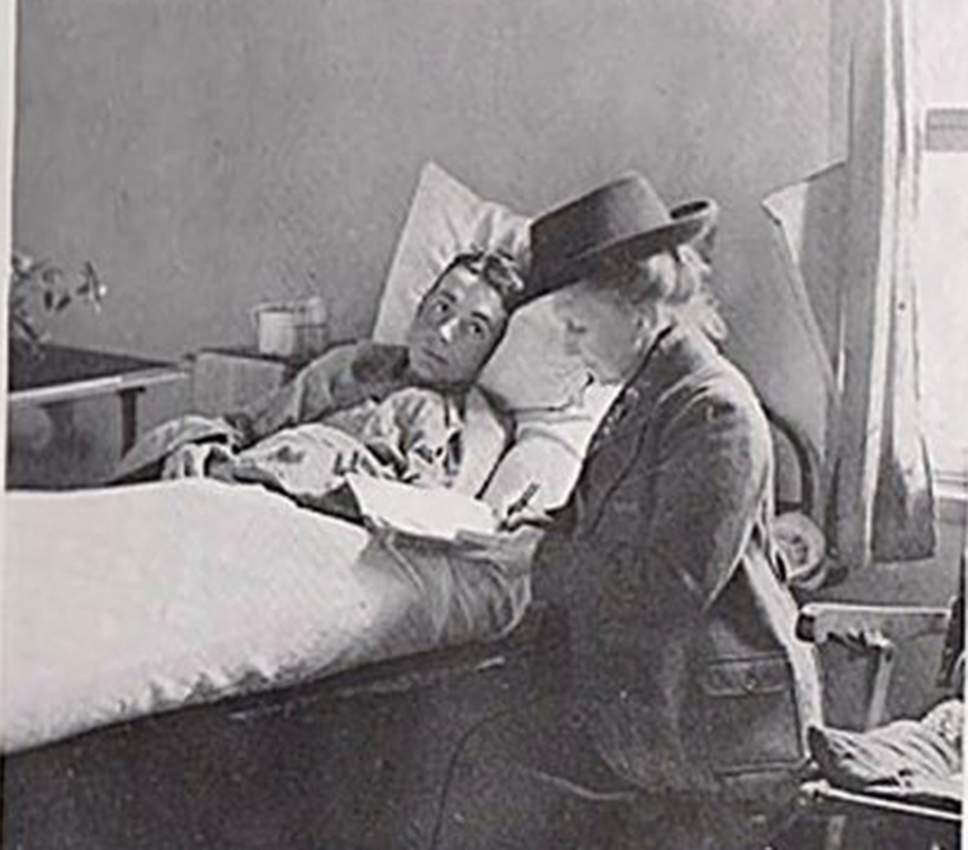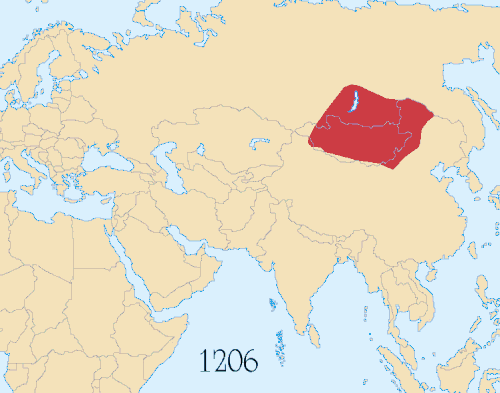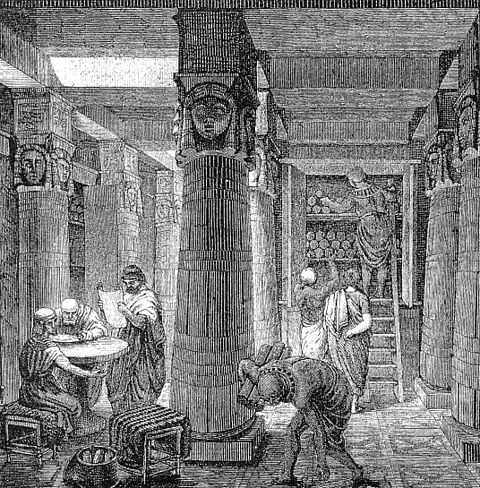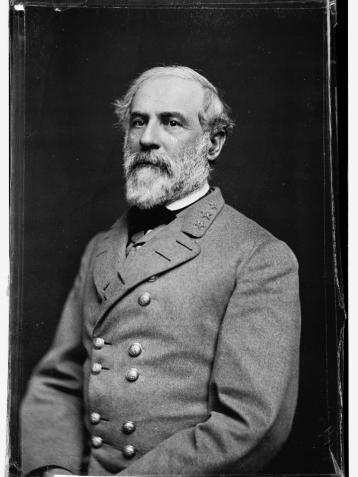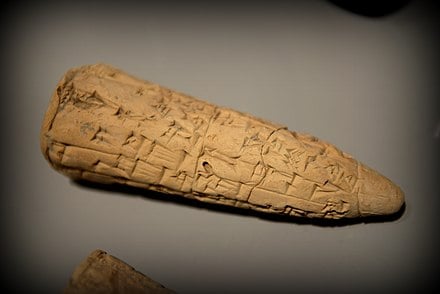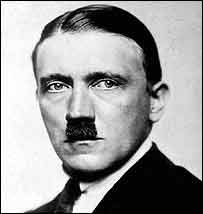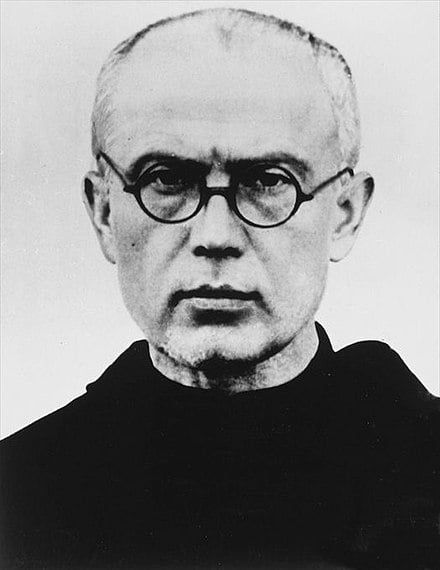During WWI, cotton was in high demand for the manufacture of uniforms and explosives. For bandages, doctors turned to using sphagnum moss. It can hold up to 22 times its own weight in liquid — twice as absorptive as cotton. The moss is also antiseptic, making the surrounding environment acidic
How Humble Moss Healed the Wounds of Thousands in World War I The First World War had just begun, and already the wounds were rotting on the battlefield. In the last months of 1914, doctors like Sir. W. Watson Cheyne of the Royal College of Surgeons of England noted with horror the “great prevalence of […]


